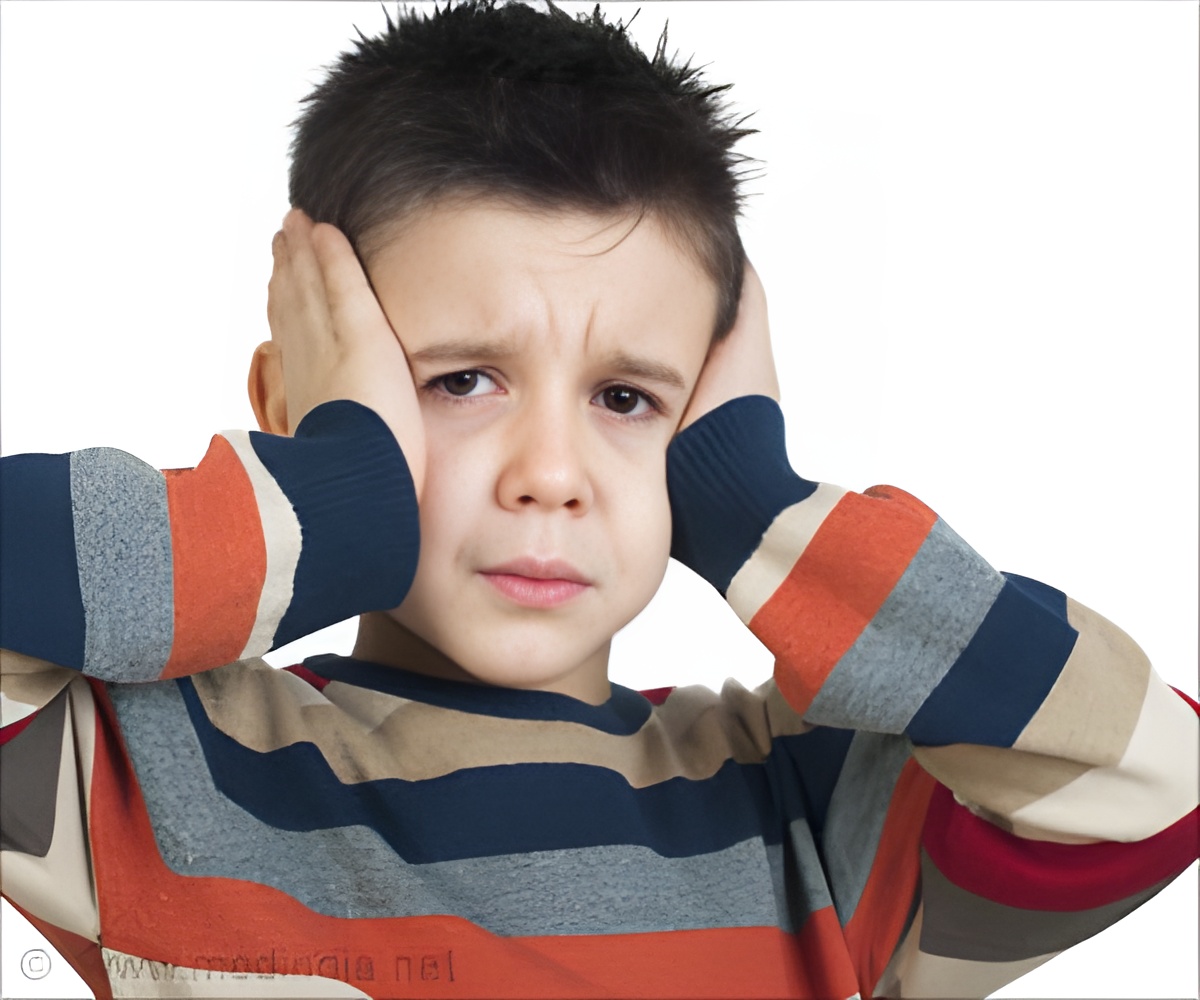Scientifically validated autism therapy can be learned by parents to use with their own children by taking a short series of group classes, found in a new study.

"We're teaching parents to become more than parents," said the study's lead author, Antonio Hardan, MD, professor of psychiatry and behavioral sciences, who directs the hospital's Autism and Developmental Disabilities Clinic. "What we're most excited about is that parents are able to learn this intervention and implement it with their kids."
The treatment is not intended to replace autism therapies administered by professionals, but rather to improve parents' ability to help their children learn from everyday interactions.
"There are two benefits: The child can make progress, and the parents leave the treatment program better equipped to facilitate the child's development over the course of their daily routines," said study co-author Grace Gengoux, PhD, clinical assistant professor of psychiatry and behavioral sciences and a psychologist specializing in autism treatment at the hospital. "The ways that parents instinctually interact with children to guide language development may not work for a child with autism, which can frustrate parents. Other studies have shown that learning this treatment reduces parents' stress and improves their happiness. Parents benefit from knowing how to help their children learn."
Rewarding the Child
The therapy used in the 12-week study, called pivotal response training, has been shown in previous studies to help children with autism. To use the treatment for building language skills, parents identify something the child wants and systematically reward the child for trying to talk about it. For instance, if the child reaches for a ball, the parent says, "Do you want the ball? Say 'ball.'"
The method has roots in other behavioral therapies for autism, such as applied behavior analysis, but is more flexible than many such programs and makes greater use of the child's own interests and motivations.
The children's verbal skills were measured at the start of the study, at six weeks and at 12 weeks. At six and 12 weeks, the parents in the experimental group were video-recorded while using pivotal response training so that researchers could assess whether they were using the treatment correctly.
At the end of the study, 84 percent of parents who received instruction in pivotal response training were using the therapy correctly. Their children showed greater gains in language skills — both in the number of things they said and in their functional use of words — than children in the control group.
Empowering Parents
The researchers were encouraged to see that the group-based approach to training parents was successful and produced results quickly for the children. Rising rates of autism diagnosis have made it difficult for clinicians to meet the demand for their expertise, and groups are an efficient way to train parents. Parents also liked having the opportunity to learn from one another.
"Parents really do feel more empowered when they're in a group setting," said study co-author Kari Berquist, PhD, a clinical instructor in psychiatry and behavioral sciences and an autism clinician at the hospital. "They're talking, connecting, sharing their experiences. It gives them a sense of community."
The study provided an early hint about which children on the autism spectrum might benefit most from pivotal response training: Children with the best visual problem-solving abilities improved most with the treatment. In future studies, the researchers hope to identify good predictors of which autism therapies fit best for different children and families. They are also testing different lengths and intensities of pivotal response training to see what produces the best results.
Source-Eurekalert
 MEDINDIA
MEDINDIA




 Email
Email







